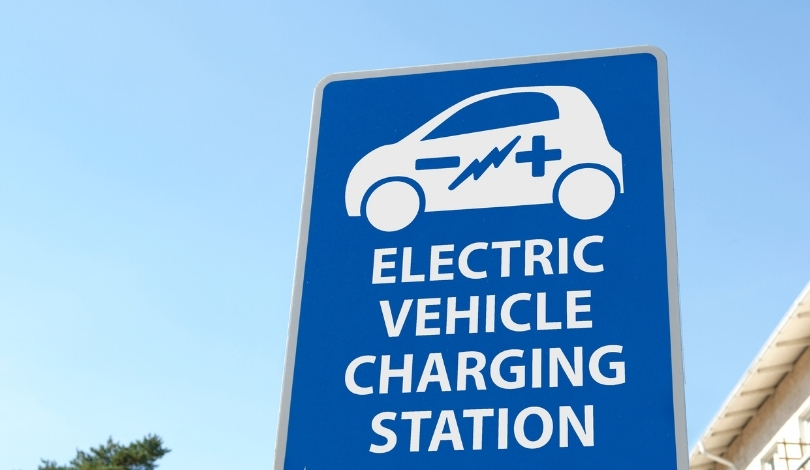Revel, an electric mobility startup, is shifting its focus towards establishing a widespread network of electric vehicle (EV) charging stations across key US urban centers. After discontinuing its moped rental services in New York City and San Francisco due to declining ridership and safety concerns, the company is now investing in infrastructure to support the growing demand for EVs. This strategic move aims to position Revel as a leading provider in the EV charging market, addressing the needs of both professional drivers and everyday consumers.
In recent years, Revel has progressively built its presence in the EV infrastructure sector. The cancellation of its moped rentals marked a significant pivot, allowing the company to concentrate resources on expanding its charging network. This shift aligns with broader trends in urban mobility, where the emphasis is increasingly on sustainable and efficient transportation solutions. By leveraging previous operational insights, Revel is better equipped to navigate the complexities of urban EV infrastructure development.
How is Revel Addressing the Needs of Urban EV Drivers?
Revel is focusing on creating a reliable and extensive charging network tailored for urban environments. The company recently launched a new charging station at Pier 36 in Manhattan, featuring ten direct current fast charging stalls with 320 kilowatts each.
“We’re extremely urban focused,”
stated CEO Frank Reig, highlighting the company’s commitment to serving densely populated areas where traditional charging solutions are limited.
What Impact does the Green Rides Initiative Have on Revel’s Strategy?
The Green Rides Initiative, which mandates New York City’s rideshare industry to transition to fully electric vehicles by 2030, significantly influences Revel’s expansion plans.
“Policies like this make a real impact,”
Reig noted, emphasizing that the initiative has led to a tenfold increase in the utilization of Revel’s charging network. This surge in demand enables the company to accelerate the deployment of additional charging stations, supporting the city’s electrification goals.
What Challenges Does Revel Face in Expanding Its Charging Network?
Revel encounters several obstacles in scaling its infrastructure, primarily related to access to power and zoning regulations. Obtaining sufficient power supply in congested urban grids like New York and San Francisco is a major hurdle. Additionally, securing permits and navigating zoning laws require extensive collaboration with local government entities. These challenges necessitate innovative solutions to ensure the timely and efficient expansion of Revel’s charging network.
As Revel continues to grow its EV charging infrastructure, the company aims to install 300 charging stalls across New York City by the end of 2025, with plans to extend to other major cities such as Los Angeles and San Francisco. This expansion not only supports the increasing number of EVs but also contributes to reducing urban emissions and improving air quality. Revel’s strategic focus on urban areas positions it well to meet the evolving demands of sustainable transportation.
The dynamic shift from moped rentals to EV charging infrastructure underscores Revel’s adaptability in the evolving mobility landscape. By addressing the specific needs of urban drivers and aligning with policy-driven initiatives, Revel is poised to play a pivotal role in the transition to electric mobility. The company’s efforts contribute to broader environmental goals and enhance the accessibility of EVs for a diverse range of users.










